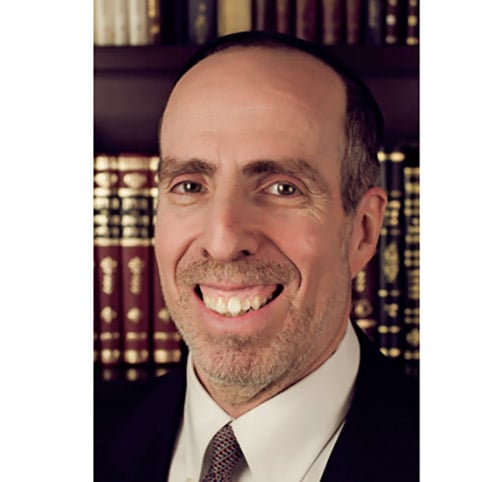
Ashkenazic Jews are shocked to discover that most Sephardic Jews recite Avinu Malkeinu on Shabbat. This should not be shocking to students of the Shulchan Aruch who recognize that it is not the Shulchan Aruch but rather the Rema, the central halachic authority for Ashkenazic Jews, who presents the practice to omit Avinu Malkeinu on Shabbat. In fact, there has been a range of opinions regarding this issue since the time of the Rishonim. The Orchot Chaim (Hilchot Rosh Hashanah 2) and the Rivash (Teshuvot number 512) already cite differing customs among various communities about this matter.
Avinu Malkeinu is a particularly potent tefilla. Its source emerges from none other than Rabbi Akiva who, when called upon to pray for rain during fast days’ prayers amidst a severe drought, proclaimed “Avinu Malkeinu, chatanu l’fanecha” and “Avinu Malkeinu, ein lanu Melech ela Ata” and it began to rain immediately (Ta’anit 25b). When the rabbis saw the great efficacy of Rabbi Akiva’s tefilla, they expanded it and designated it for recital during the Aseret Yemei Teshuva.
Almost all Ashkenazim (as noted by the Rivash) and some Sephardim omit Avinu Malkeinu on Shabbat even on Yom Kippur. The reason is that one is not allowed to make requests on Shabbat (Rema, Orach Chaim 584:1 and Mishna Berura 584:4). It is true that we do recite passages that contain special requests (such as Zachreinu L’chaim and Mi Chamocha) on Shabbat, and the justification is that since they are written in the plural, it is considered the needs of the community, which is permitted (see Tosafot, Berachot 34a s.v. Emtza’iot). However, the fact that Avinu Malkeinu originated as a special prayer for fast days (Ta’anit 25b) is part of the reason that it is treated as a particularly poignant prayer that is inappropriate for Shabbat. This is despite the fact that it is recited in plural and is part of our tefilla throughout Aseret Yemei Teshuva.
The dominant Sephardic practice is defended by none other than the Me’iri. The Me’iri explains that although on Shabbat and Yom Tov we refrain from crying out to Hashem in most circumstances, the Aseret Yemei Teshuva are an exception. The Aseret Yemei Teshuva are designated for teshuva and added tefillot, and thus on Shabbat that falls during these days we cry out to Hashem with Avinu Malkeinu.
Although the Rivash cites that in Spain there were a range of opinions—in some regions, Avinu Malkeinu was recited on Shabbat and in others it was omitted—most Sephardim today do recite Avinu Malkeinu on Shabbat. This is so despite the fact that the Kisei Eliyahu records that the custom in Jerusalem was to omit Avinu Malkeinu on Shabbat.
Rav Ovadia Yosef (Teshuvot Yechave Da’at 1:54) explains the reason for the change. He relates that the first step was when the great Kabbalist Rav Chaim Vital (Sha’ar HaKavanot 90a) revealed that his great master, the Ari HaKadosh, would recite Avinu Malkeinu on Shabbat. The next step was when this became practice in the legendary Sephardic Kabbalah Yeshiva Beit El (that exists until this very day in the Jewish Quarter of the Old City of Yerushalayim). Hacham Ovadia writes that “slowly but surely, this emerged as the practice in most Sephardic congregations in Jerusalem,” as is recorded in the major Sephardic halachic work the Kaf HaChaim (584:8).
One exception, Rav Ovadia notes (following the Ari HaKadosh), is the omission even by Sephardim of “Avinu Malkeinu, chatanu l’fanecha” and “Avinu Malkeinu, m’chol u’selach l’chol p’sha’einu,” since we do not wish to mention our sins on Shabbat.
Whichever practice is followed, the most important lesson is to cherish our recital of Avinu Malkeinu since it is a most potent weapon in our prayer arsenal, taught by the great and beloved Rabbi Akiva.
By Rabbi Haim Jachter
Rabbi Haim Jachter is the spiritual leader of Congregation Shaarei Orah, the Sephardic Congregation of Teaneck. He also serves as a rebbe at Torah Academy of Bergen County and a dayan on the Beth Din of Elizabeth.










